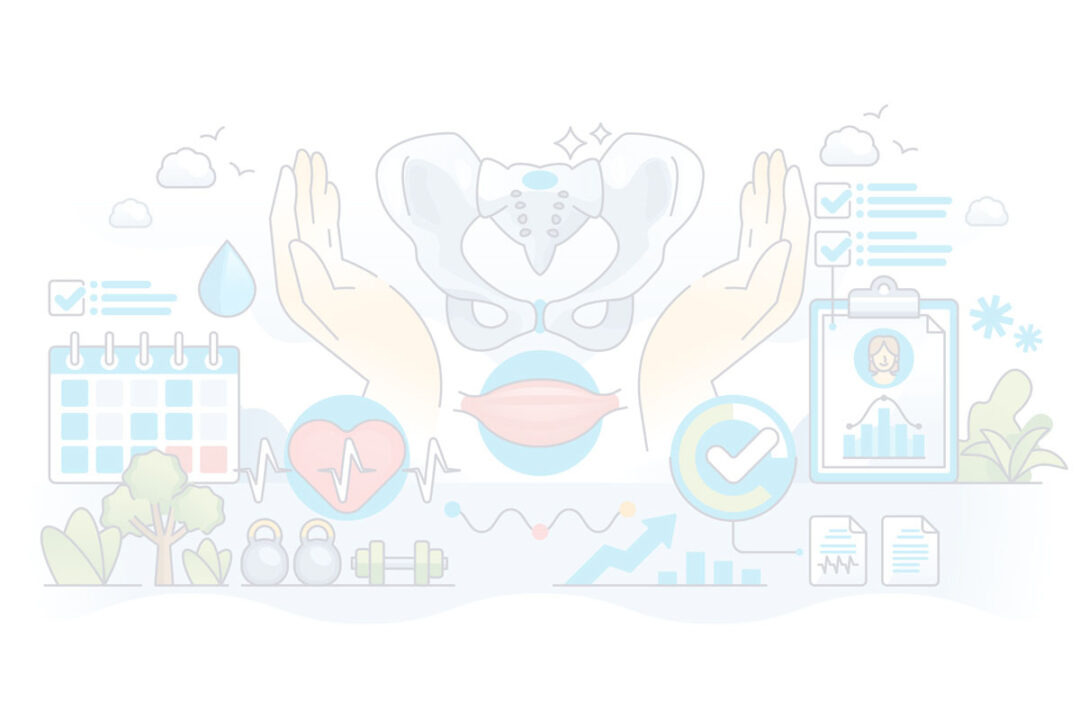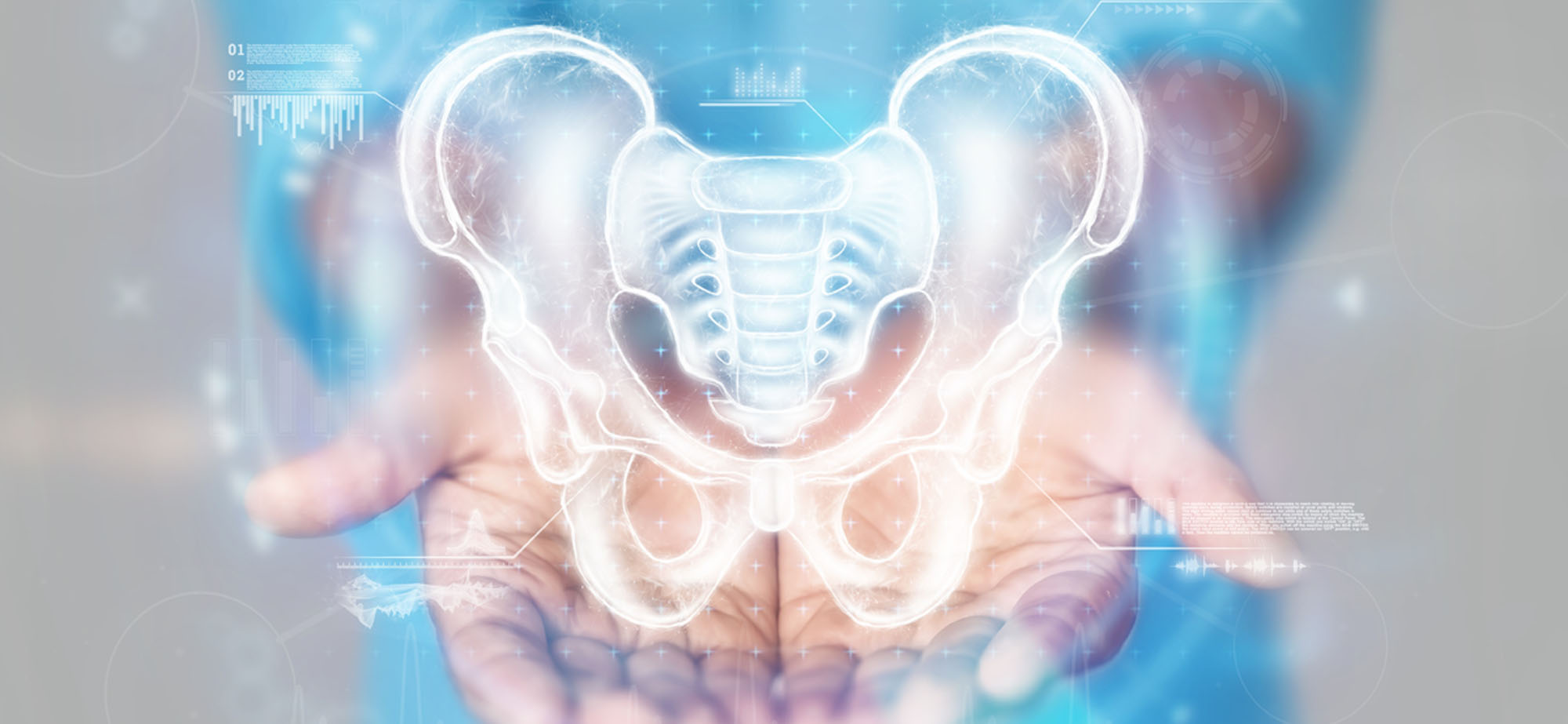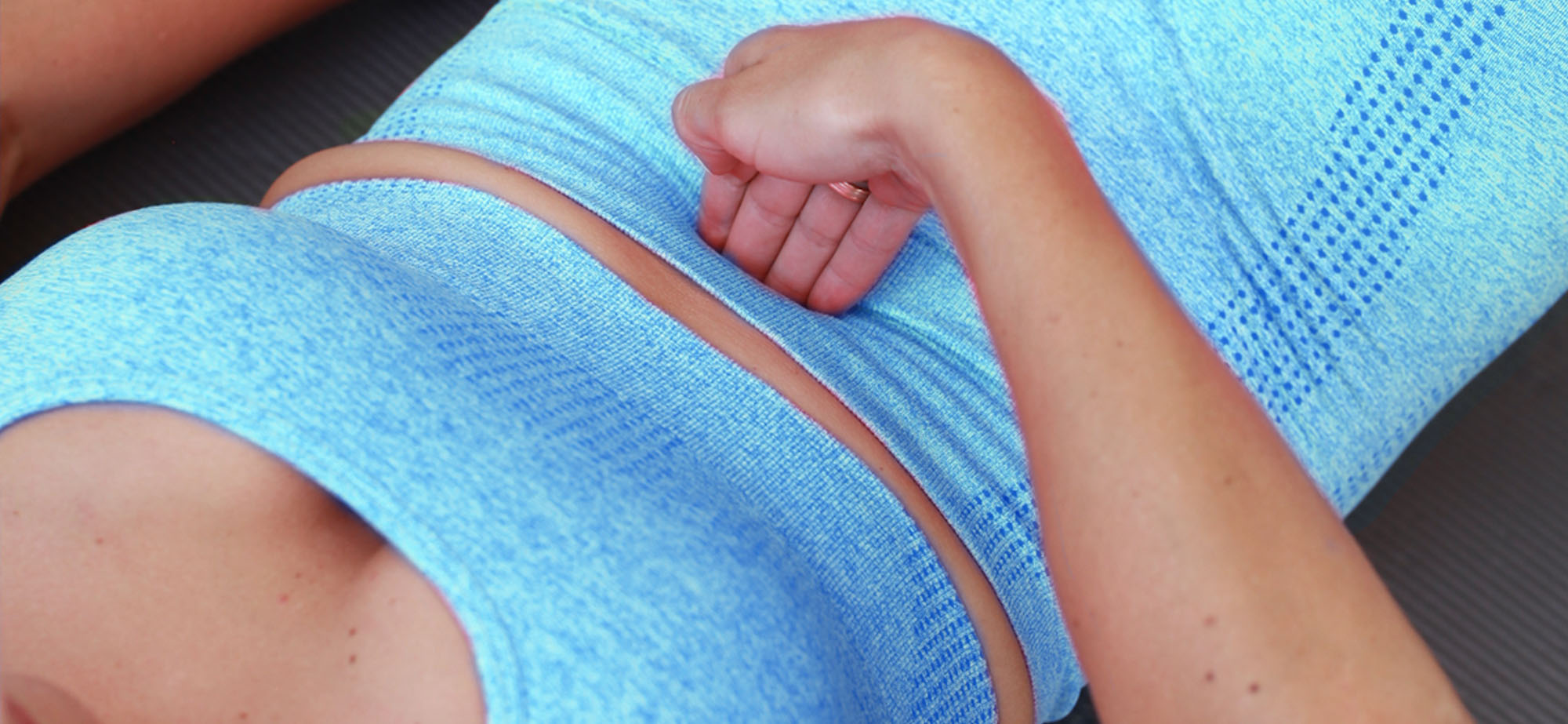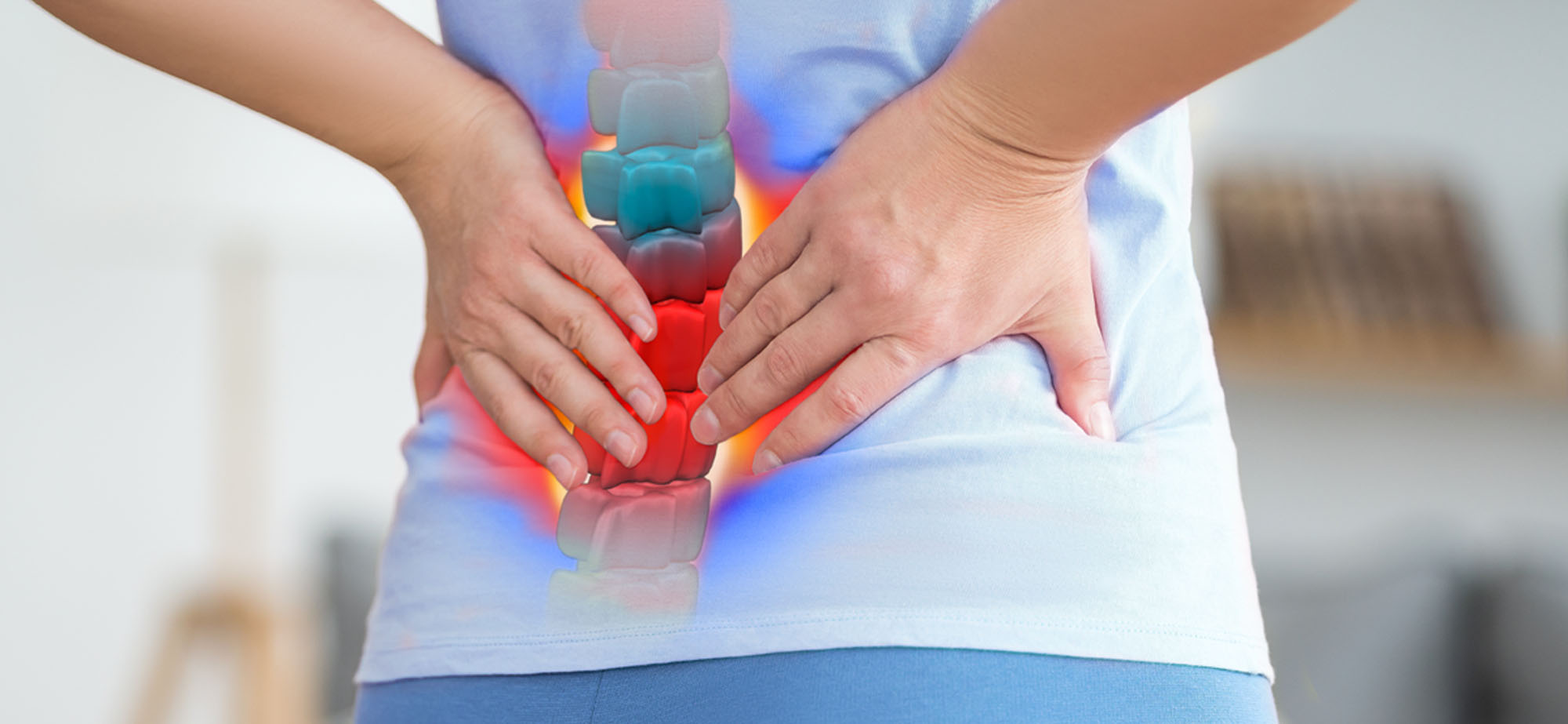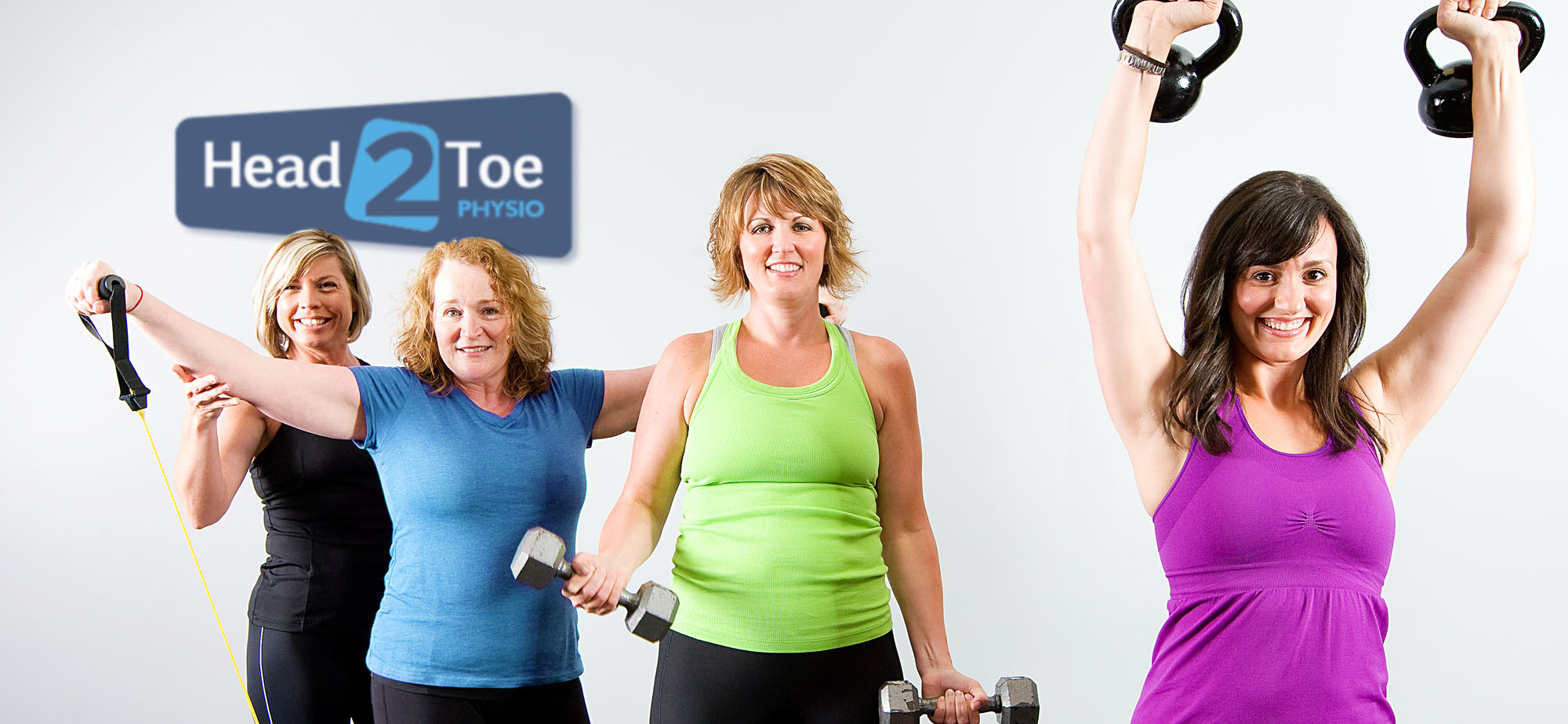We’re here to help with Pelvic Obstetric and Gynaecological Physiotherapy
We have Head2Toe Physio clinics in Surrey and West Sussex, and run specialist Womens Health Clinics in Dorking, Leatherhead, Crawley.
Womens health physiotherapy is a specialist area of physiotherapy encompassing any woman related problem. From pregnancy, to menopause and beyond, our specialist womens health team are here to discuss your needs, giving you a holistic approach to musculoskeletal disorders.
REQUEST A CONSULTATION
6 simple questions to find out if we can help you?
Our expert team
At Head2Toe Physio, we have a growing Womens Health team. It’s become a real speciality in our clinics, where as well as self referrals, we take referrals from a host of local doctors , consultants, sports clubs and gyms.

Anna Watson
Anna Watson is a member of Pelvic Obstetric and Gynaecological Physiotherapy (POGP) and has over 15 years experience in women’s health physiotherapy.
As a mum of 2 and a trained Doula, she can empathise with her patients and can contribute enhanced skills to fully understand and implement the best management for her pregnant patients.
Working in women’s health for many years, she can see the emergence of a need to address the changes women undergo through menopause and a need to support this. She is passionate about enabling women to be the best they can be.

Evie Spreadbury
Evie Spreadbury is a member of Pelvic Obstetric and Gynaecological Physiotherapy (POGP) and has undergone specialist training for women’s pelvic health and gynaecological issues.
Evie has played high level sport and understands the changes a woman goes through throughout her life, and how this can impact the pelvic floor and the rest of the body. Evie has the right skills, knowledge and passion to empower you and improve your quality of life.
Common issues with pelvic problems
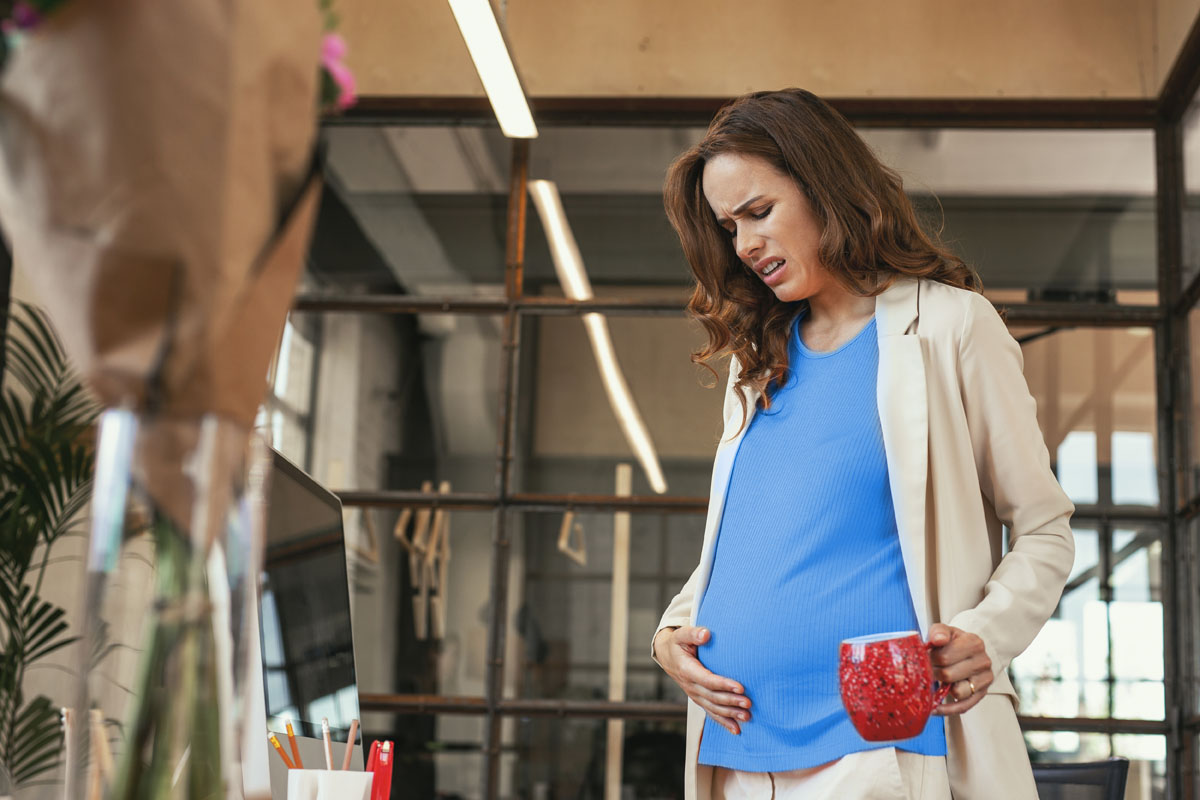
Pregnancy Related Pelvic Girdle Pain
Pregnancy-related pelvic girdle pain (PGP) is a common condition affecting up to 1 in 5 pregnant individuals. It refers to discomfort, pain, or instability in the pelvic region, particularly around the sacroiliac joints, pubic symphysis, and sometimes the lower back. PGP can vary from mild discomfort to severe pain, significantly affecting mobility and quality of life.

Urinary Incontinence
Urinary incontinence is the involuntary leakage of urine often caused by weak or tight pelvic floor muscles. There are different types of urinary incontinence: stress incontinence (leakage with increased pressure like sneezing, coughing or exercising) and urgency incontinence (also known as overactive bladder, with a sudden and intense urge to urinate). It affects individuals of all ages but is more common in women, particularly during and after pregnancy, as well as in older adults. Despite its prevalence, many people hesitate to seek treatment due to embarrassment or the misconception that it is an inevitable part of aging or childbirth.
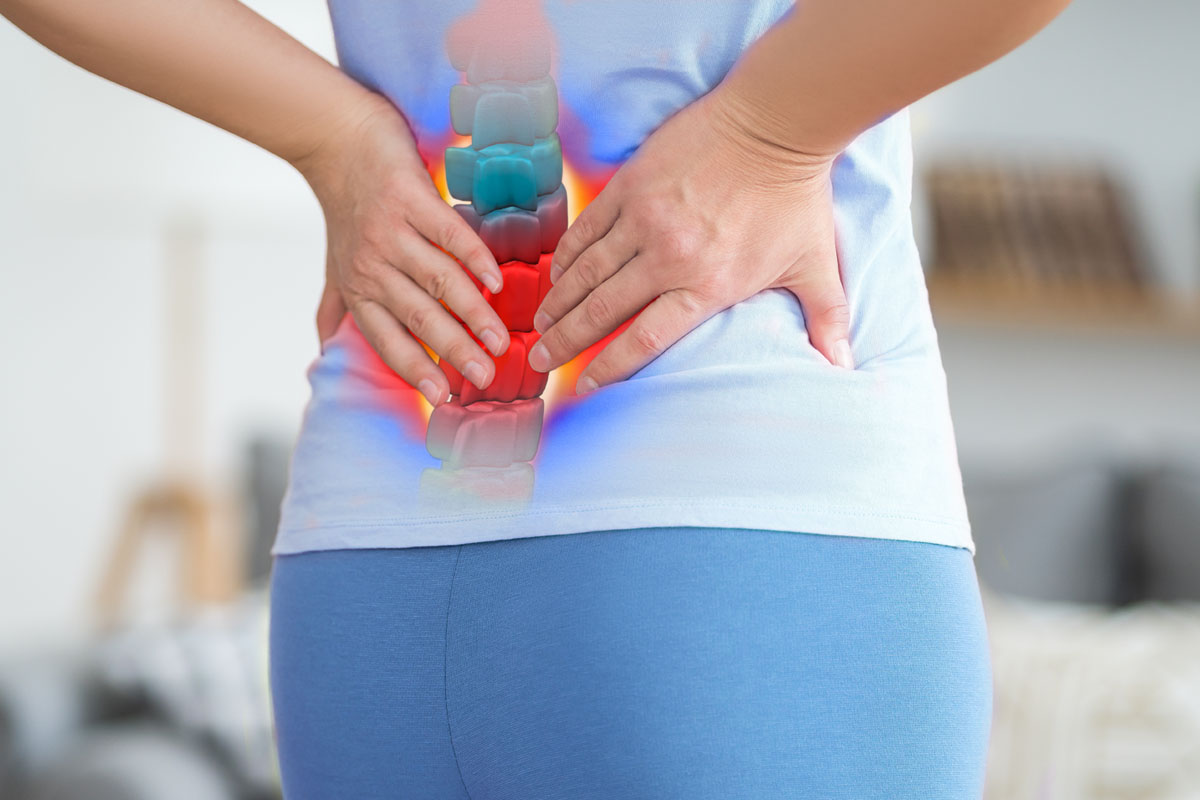
Pelvic Pain
Pelvic pain refers to discomfort or pain in the lower abdomen or pelvic region. It is often caused by reproductive conditions (e.g. endometriosis and pelvic inflammatory disease), muscle tension, vaginal prolapse, surgery, vulvodynia or bowel health. It can be chronic or acute, affecting daily activities.
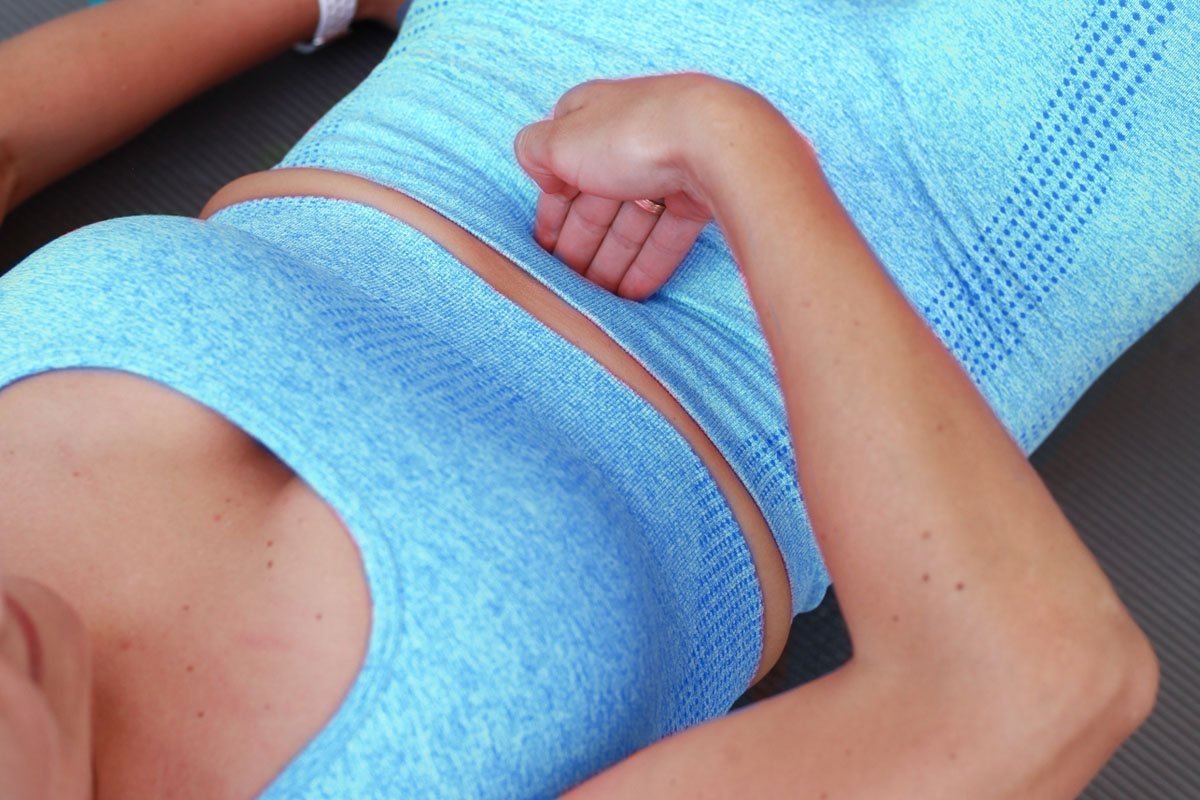
Diastasis recti
Diastasis recti is the separation of the abdominal muscles, often as a result of pregnancy. This condition can result in a visible bulge or gap in the middle of the tummy muscles and may lead to weakness in core strength and stability. The problem of split abdominals has been linked with negative body image and quality of life, highlighting the importance of its impact in the post natal population.
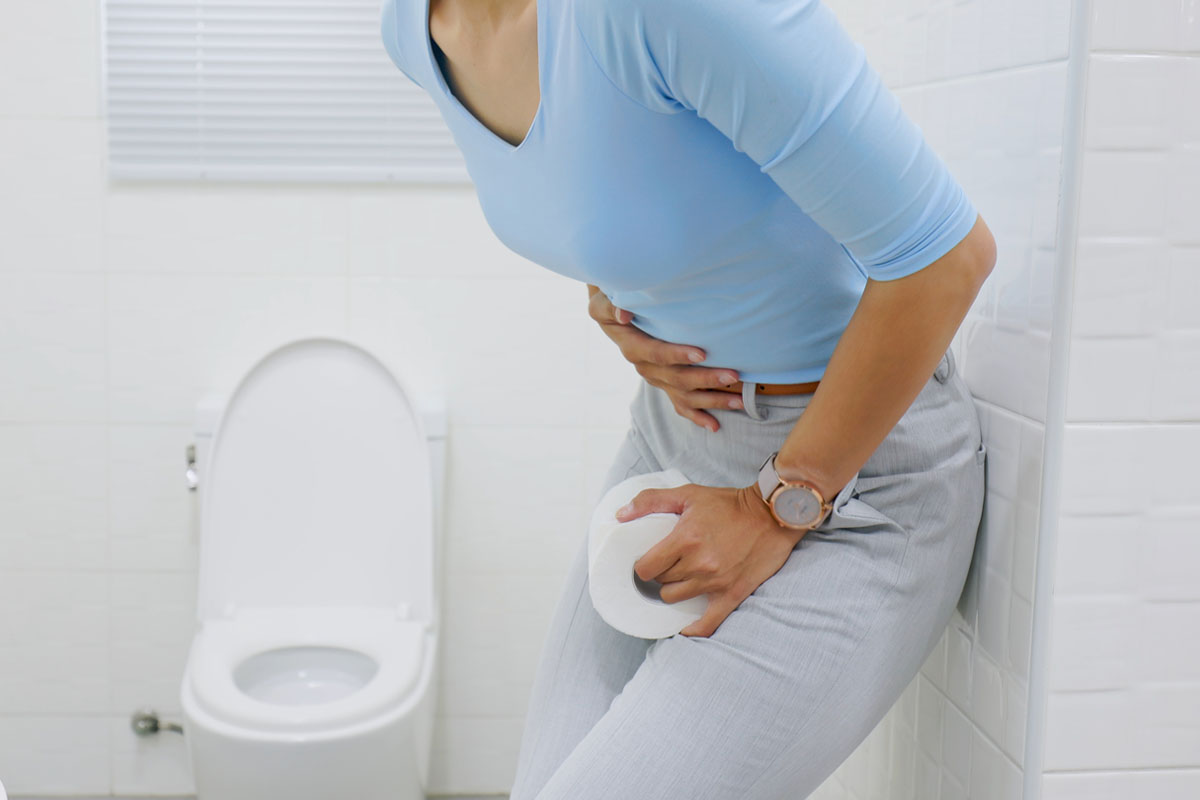
Constipation
Constipation is characterised by infrequent, difficult or painful bowel movements. It can be caused by a variety of factors such as: poor diet, dehydration, pelvic floor dysfunction, hormonal changes, pregnancy, lack of physical activity or underlying medical conditions. Treatment often involves dietary changes, fluid diary, regular physical activity, home exercise programmes and manual therapy.
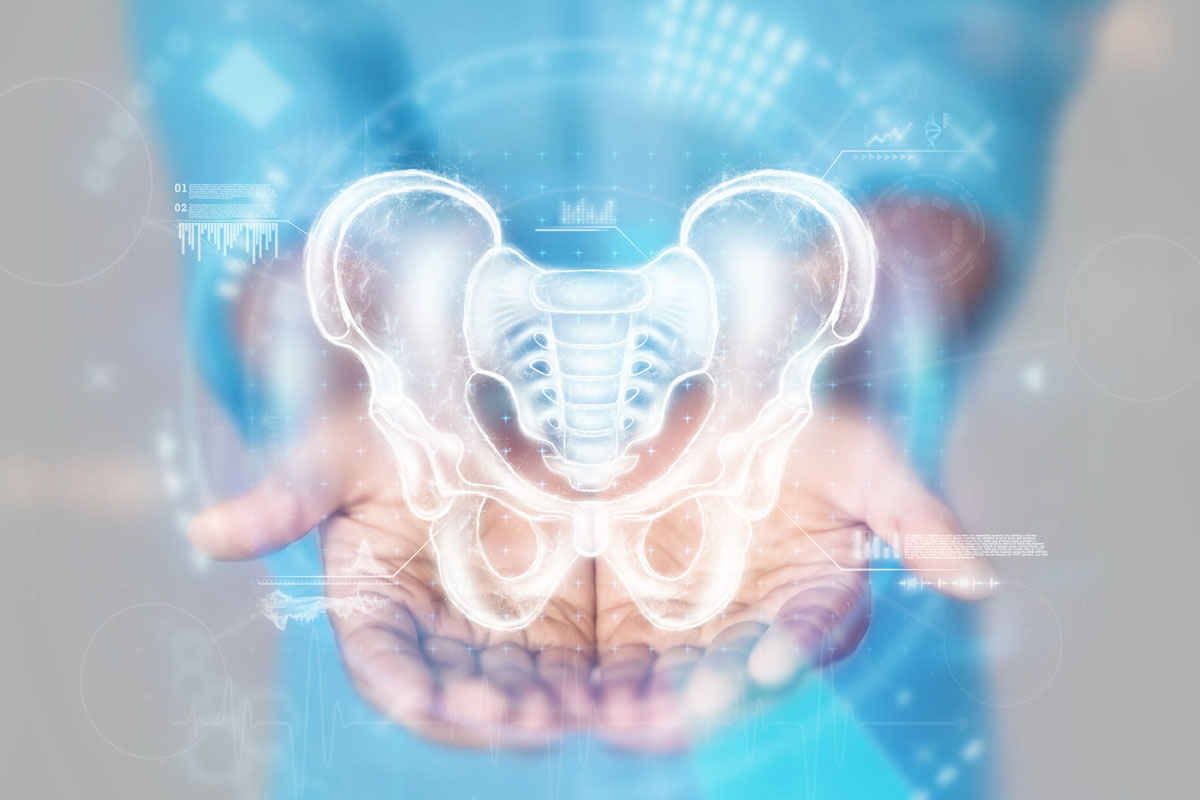
Menopause related dysfunctions
Menopause-related dysfunctions occur as hormonal changes affect various bodily systems. Common issues can include: urinary incontinence, pelvic pain, tendon pain, vaginal dryness, muscle atrophy, reduced libido and vaginal prolapse. Physiotherapy can help manage symptoms through pelvic floor muscle training, home exercise programmes, manual therapy, advice and education on lifestyle changes to improve function, comfort and overall wellbeing during the menopause.
Treatments we recommend for pelvic pain
Your Head2Toe Physio will carry out a thorough assessment, looking at what you can do, what you can’t do and whether there’s anything that should be of greater concern. Most pains resolve if dealt with sensibly. A combination of exercise therapy and manual therapy often proves helpful. Combined with a little education on what’s happening and why, things can often improve pretty quickly.
Women’s Pelvic Health Physiotherapy
Women’s Pelvic Health Physiotherapy What is Women's Health [...]
Our frequently asked questions about back pain?
Gynaecological physiotherapy focuses on treating conditions related to the pelvic floor, reproductive health, menopause related dysfunctions and women’s health issues. It helps with problems such as incontinence, pelvic pain, prolapse, and recovery after childbirth or surgery.
It is beneficial for women experiencing pelvic floor dysfunction, urinary or bowel incontinence, pelvic pain, sexual dysfunction, or issues related to pregnancy, menopause, or post-surgical recovery.
Common conditions include:
- Menopause related dysfunctions
- Pregnancy related Msk pain
- Post or pre-natal rehabs & pelvic floor
- Bladder & bowel health (constipation, incontinence, frequency)
- Urinary incontinence
- Pelvic organ prolapse
- Pelvic pain syndromes (e.g., endometriosis, interstitial cystitis)
- Diastasis recti (abdominal separation)
- Painful intercourse (dyspareunia)
- Recovery from C-section or hysterectomy
The physiotherapist takes a detailed history of your problem and medical history, discusses symptoms, and may perform a physical examination, including an assessment of the pelvic floor muscles. This helps develop a personalized treatment plan.
Techniques may include:
- Pelvic floor exercises
- Manual therapy (massage, mobilization)
- Postural and core stabilization exercises
- Education on bladder and bowel habits
Most treatments are not painful. If discomfort occurs, the physiotherapist works with you to adjust techniques or exercises to ensure they are tolerable and effective.
In many countries, we accept self-referrals, but some insurance plans might require it for coverage. Check with your healthcare provider or insurer.
Yes, it can address issues like pelvic girdle pain, back pain, and incontinence during pregnancy and prepare the pelvic floor for childbirth.
The duration varies depending on the condition and its severity. Some issues may improve within a few sessions, while others require longer-term treatment over weeks or months.
Absolutely. All consultations and treatments are conducted in a private, professional setting with strict adherence to confidentiality.

